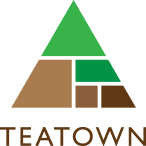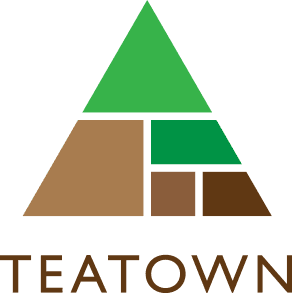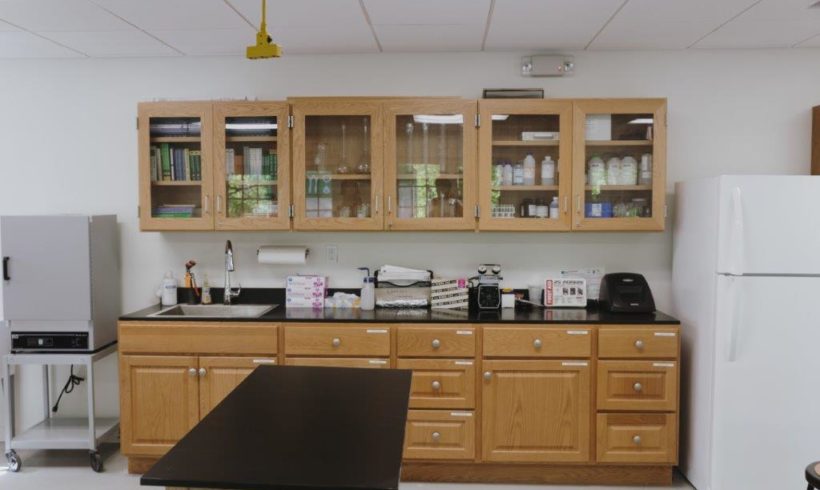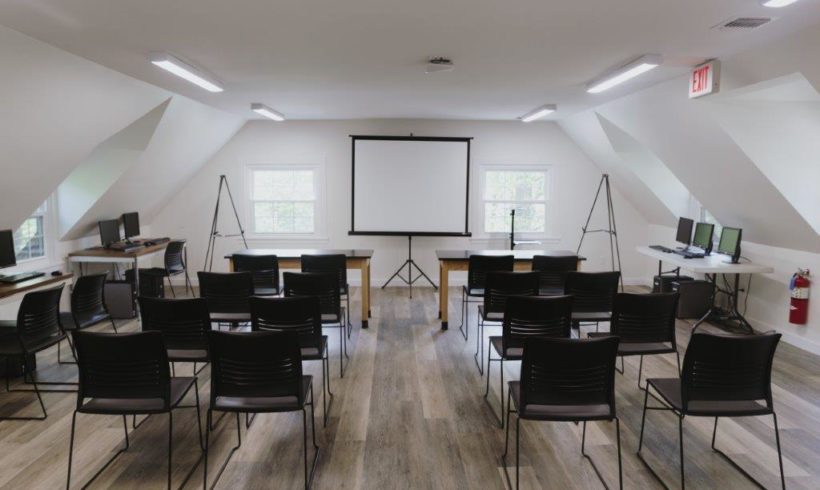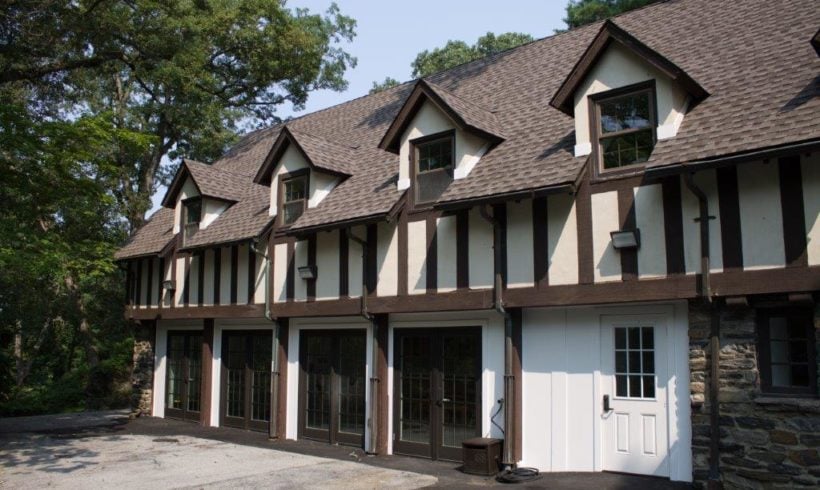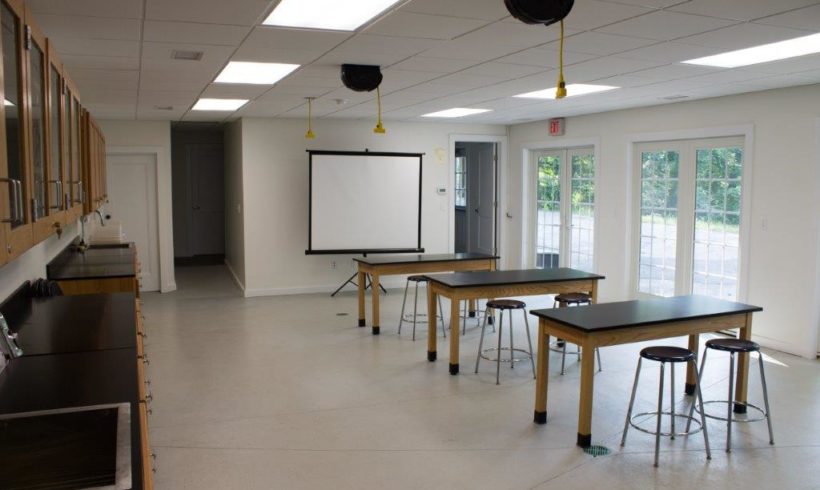Teatown Environmental Science Academy
July 1 – July 26, 2024
The Teatown Environmental Science Academy (TESA) provides high school students with meaningful hands-on experience with the theories, tools, and techniques scientists use to study today’s pressing conservation issues.

The Teatown Environmental Science Academy is taught by Teatown staff scientists with support from the Pace University Dyson College of Arts and Sciences.
TESA 2024
Applications are closed for Summer 2024.
Consider applying for Summer 2025. Application materials are available for your review, but we are no longer accepting applications.
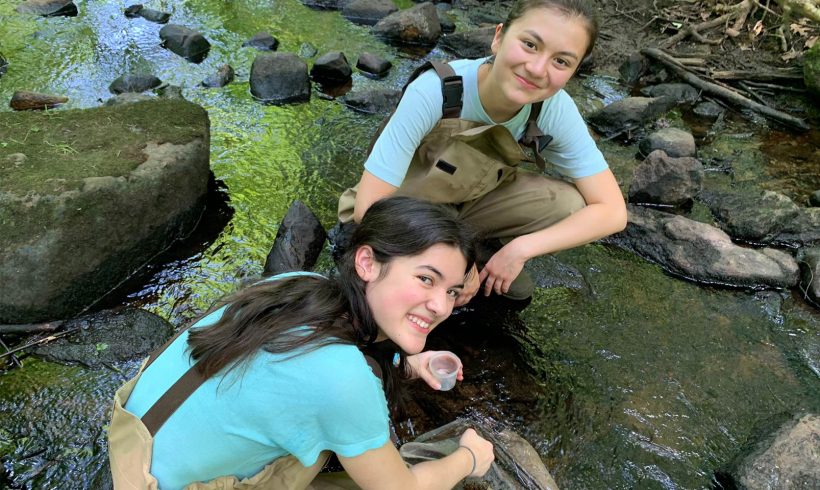
Real World Experience
The Teatown Environmental Science Academy (TESA) is an intensive and challenging field-based environmental science research program for high school students, meeting daily from 9 am — 3 pm.
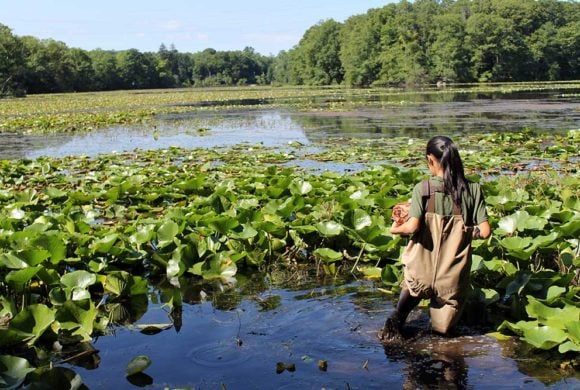
TESA provides invaluable experience for students interested in the environment through exposure to the techniques and technology of environmental scientists and field biologists. Students conduct research in the fields, forests, lakes, and streams of Teatown’s 1,000-acre nature preserve.
Taught by Field Scientists
TESA is taught by scientists and instructors from Teatown and Pace University who study regional environmental issues, conduct research, and have experience in mentoring science research students.
Program Curriculum
The educational curriculum of TESA blurs the distinction between research and teaching by providing students the opportunity to conduct independent work through laboratory exercises and field projects.
Individualized attention from leading scientists furthers student development by fostering critical thinking and problem solving. Students in this program receive the knowledge and experience necessary to lead their peers as they develop into the next generation of environmental scientists.
In this course students will:
- Develop meaningful research questions
- Design field studies and experiments
- Collect, analyze, and interpret data
- Present their findings
Each student will conduct an independent research project and present their findings at a class symposium that will be open to family and friends.
TESA often serves as a pilot program to help students develop independent research projects that they continue during the school year. The program is also invaluable to students who have an interest in pursuing environmental science as part of their post-secondary education.
Fees
TESA is a fee-based program limited to a maximum of 12 students who will be accepted on a competitive basis. Fees are $2,000 for members; $2,200 for non-members. Scholarship support is available.
Support a student in need
With your donation and the help of other generous donors, Teatown will be able to offer scholarships to under-resourced students who would not otherwise be able to attend TESA.
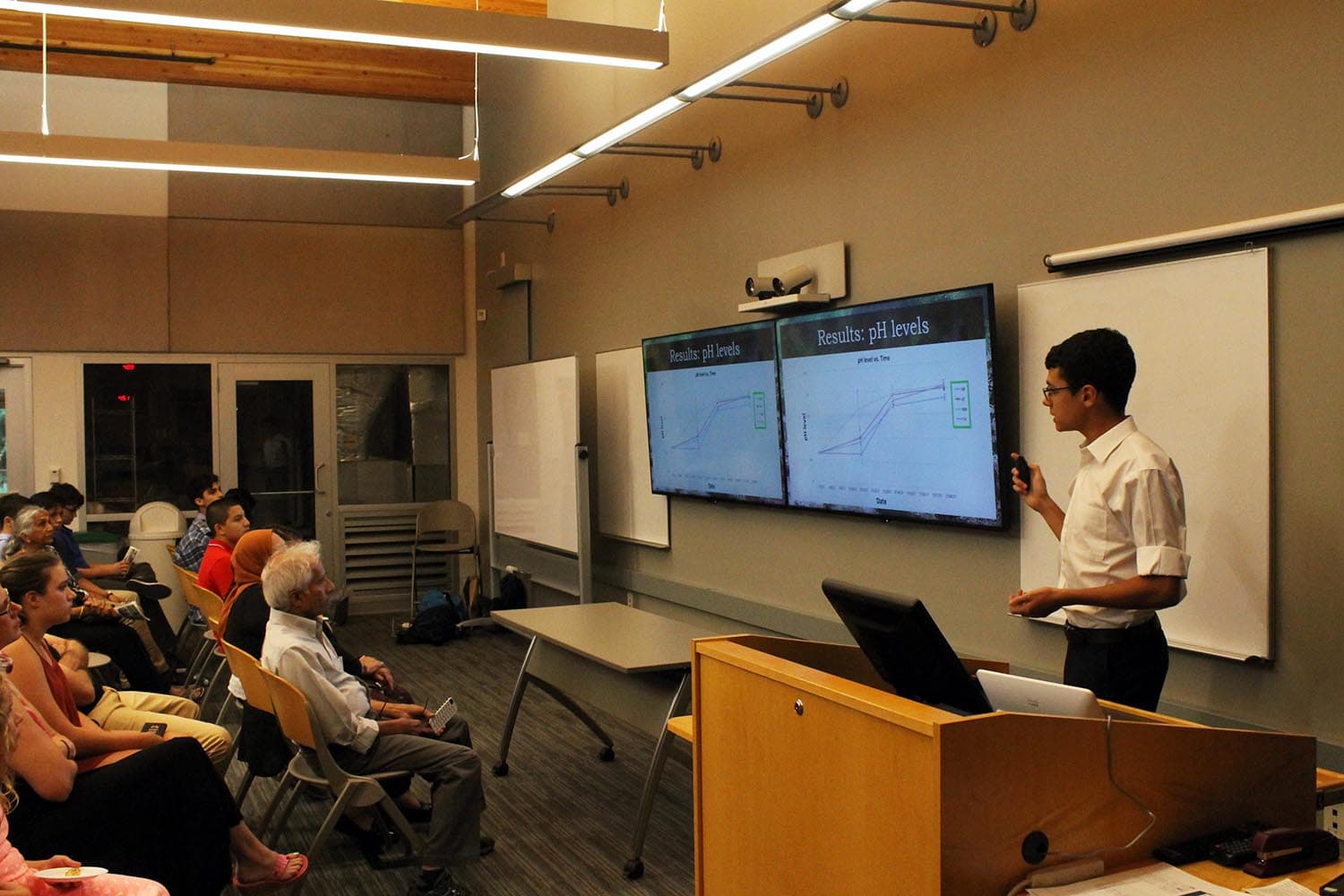
View the 2023 TESA Symposium
2023 Symposium Details
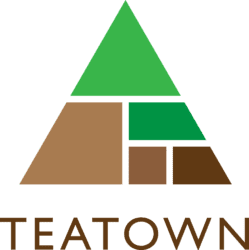

Opening Remarks
Kevin Carter, Executive Director, Teatown
Dr. Danielle Begley-Miller, Director of Science and Stewardship, Teatown
Alana Burgos, TESA Instructor and High School Science Teacher, Lyons Community School
Student Presentations
“What is the Effect of Eutrophic Lake Water Quality on Macroinvertebrate Richness?” Ariday Vera Galicia, Rising Senior, Yonkers High School
“The Impact of Habitat Management and Invasive Plant Status on Pollinators.” Lydia Lung, Rising Senior, Ardsley High School
“How do Freshwater Zooplankton React to Different Personal and Health Products?” Jemell Acosta, Rising Junior, Peekskill High School
“Lichen as a Bio-indicator for Air Pollution in Urban versus Suburban Areas.” Megan Flores, Rising Junior, Peekskill High School
“The Impact of Forest Disturbances on the Abundance of Invasive Plants.” Aarjav Brahmbhatt, Rising Junior, Ardsley High School
“Testing the effect of Soda Ash on Water Quality in Teatown Lake.” Noah Hartglass, Rising Junior, Carmel High School
“The Effect of Air Quality on Water Quality and Aquatic Macrophyte Diversity.” Justine Santiago, Rising Senior, Yonkers High School
“Effect of Plant Invasive Status on Insect Oviposition at Cliffdale.” Carl Albano, Rising Sophomore, Mamaroneck High School
“The effect of deer browsing and habitat on invasive plants.” Reuben Daly, Rising Sophomore, Croton Harmon High School
“Effect of Mycorrizhae on Promoting Soil Water Retention.” Dean Kim, Rising Junior, Rye High School
TESA Alumni and Stories
- Four of our Teatown Environmental Science Academy alumni, Margaret Graseck from Rye High School, Kimberly Nicole Badger and Soon il Junko Higashino from Ossining High School, and Amar Bhardwaj of the Hong Kong International School, were named semifinalists in the Regeneron Science Talent Search, the prestigious national high-school science competition. Soon il was thereafter named a finalist.
- Margaret Graseck’s research project was a behavioral study on the eating habits of native and invasive crabs on Long Island, titled “Oysters and Crabs: Comparing the Eating Habits of Hemigrapsus sanguineus and Panopeus herbstii”.
- Kimberly Nicole Badger’s research project was entitled “Urban Forests Fail to Provide Adequate Habitat for Native Woodpecker Species.”
- Soon il Junko Higashino’s project title was, “Species Richness of Cutaneous Bacteria Varies with Urbanization: Implications of the Effects of Habitat Conditions on Defense Mechanisms of Plethodon cinereus.”
- Amar’s research project studied the effects of invasive plant leaf litter in lakes, and was titled, “Effects of Invasive Plant Leaf-Litter on a Lake Ecosystem.”
- Two of our alumni from the TESA program participated in the I-SWEEEP International Science Competition with youth from all over the world in Houston. 385 highly qualified projects from 66 different countries were displayed. Participants enjoyed meeting with with students from different parts of the world while seeing that they are not the only ones committed to finding solutions to the globe’s problems. Both TESA alumni received awards in the Environment category:
- Javiera Morales won a Silver Medal for her project on”The Correlation Between Forest Fragmentation and Invasive Herbaceous Plant Presence in a Deciduous Forest Habitat.”
- Sara Mongno won a Bronze Medal for her project on “The Effects of Leaf Litter from Invasive Species on Water Quality Factors.”
Tour the Science Center
Click here to change this text
